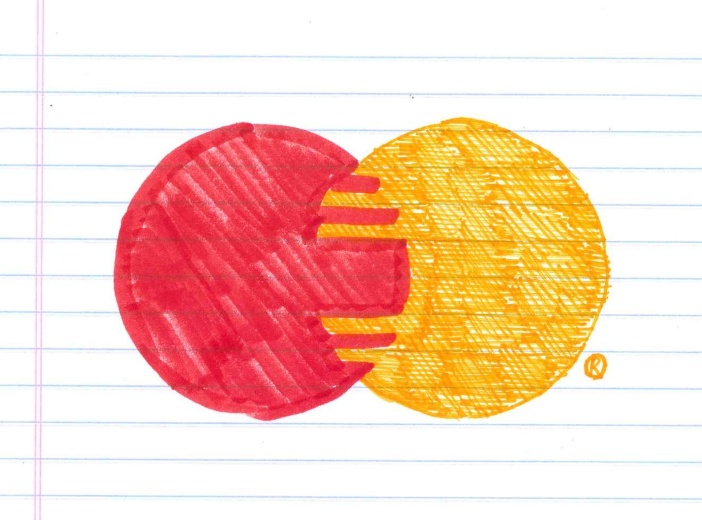English spelling can be a mess. Take the word debt, making its own mess in Greece as we’ve seen, which features a b we write but don’t say. Whence the b?
Debt

As it appears in the English of the late 14th century, debt is recorded as dete. No b, for the word comes to English from the Old French dette. No b, as that was lost – in a process linguists call elision – when those early French speakers were shaping it from the Latin debitum, “debt.” Literally, debitum means a thing “owed,” a past participle of the verb debēre, “to owe.”
Starting in the Middle Ages, some scholars ‘restored’ the spelling to include its Latin b, which spelling stuck sometime in the 16th century. In this case, scribes were imitating Latin manuscripts. This effort may have aided understanding, linking the English spelling with its Latin root. The scribes may also have believed they were ‘elevating’ the English language to the likes of antiquity. Doubt, subtle, and receipt also reflect this phenomenon.
Debēre itself joins and elides the prefix de- (“away from”) and habēre (“to have, hold”). Debt, then, is literally something “away from having.” Debit, due, and duty also derive from debēre. The verb produced dever in Old French, or “duty.” A French expression meaning “to make it one’s duty” features the phrase en devoir, “in duty,” source of English’s endeavor.
And for habit, habitat, and inhabit, English is also indebted to habēre – as well as malady, with its French root ultimately eliding the Latin male habitus, “in a bad [physical] condition.” Able, too, is from the verb, via the Latin habilis (“easy to hold”). Renaissance scholars try to ‘restore’ its h, too, but this didn’t stick.
Ultimately, a debt is dependent upon some sort of gift. This holds true, too, etymologically, if we’re generous. Indo-European scholars take the Latin habēre back to the Proto-Indo-European *ghabh-, a reciprocal root meaning “to receive” or “to give.” “To hold” something, perhaps, implies you can give it away or keep it for yourself.
Etymology doesn’t make economic debt any easier, but, concerning why we spell debt as we do, it helps.

Huh. Were the ‘b’s in Latin silent, too?
LikeLiked by 1 person
No. They were pronounced. But sounds jumble together when we are speaking, which is why we say “gonna” for “going to,” say. If you say “debitum” fast several times, with accent on first syllable, you might see how the middle, unstressed syllable can result in the loss of the “b” – and the “um,” though that later part has a lot to do with the loss of inflections (case endings, here).
LikeLike
Thanks!
LikeLiked by 1 person
Interesting. The english language is a tough one. My 5 year old daughter is learning to read, and I’m CONSTANTLY contradicting myself.
Why can it just be spelled phonetically. Or FONETIKLEE.
LikeLiked by 1 person
Attempting to explain English spelling to a child learning to read – or any other reasonable human being – can verge on a criminal act.
LikeLiked by 1 person